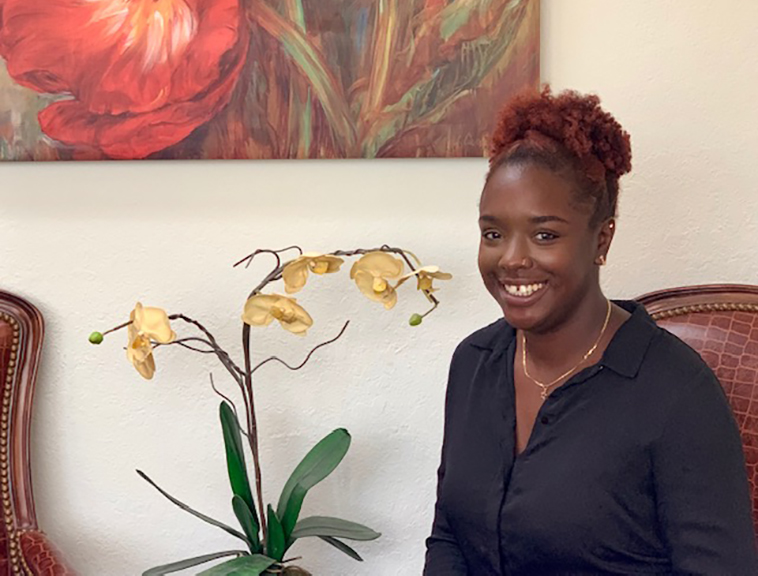- Parenting
BLOG: Why can't I say, 'I don't see color?'

Talking about race and racism is hard. But in today’s world, it’s more important than ever to have these conversations with our children. In a special blog series, Dr. Danniella Jones, a psychologist with the Palm Beach County Youth Services Department, helps parents navigate these difficult topics.
Please keep in mind that while the following blogs outline a few places to start when discussing race and racism with children, the journey to becoming anti-racist and raising anti-racist children is one that requires continuous and active self-reflection, education, vulnerability, and determination.
Question: I've heard people say, 'I don't see color.' I've heard people say this is an insensitive or racist thing to say. I'm confused. Can you explain?Answer: Often times when someone says, “I don’t see color,” it is an attempt to say that they view and treat everyone as equals regardless of their race and/or ethnicity. Other times, the phrase may be used to manage feelings of defensiveness or discomfort when racism is brought up by Black and Brown people. The first problem with this phrase is that it is simply not true. When someone looks at me, they cannot help but see someone who is Black. In fact, one of the first things parents teach their young children along with counting numbers and saying the alphabet is to identify different colors! While the statement, “I don’t see color,” is often well intentioned, what it really communicates is that you do not recognize a person’s lived experiences.
Black, Indigenous and People of Color have been negatively impacted by systemic and structural racism in the legal, educational, and health care systems for centuries. People of Color are losing (or are in fear of losing) their families, children, communities, and even their own lives to police brutality, structural racism and anti-blackness. Also, it is important to point out that many People of Color have pride in their racial, ethnic and cultural heritage and background. So when we “don’t see color,” we are unintentionally saying, “I don’t see you.”
More Answers from Dr. Jones
BLOG: Some helpful definitions in understanding race and racism
BLOG: What is implicit bias
BLOG: Should I talk about race and racism with my children?
BLOG: How do I start talking to my young child about race and racism?
BLOG: How can I expand my child's worldview?
BLOG: Expert tips for talking with children about race and racism
